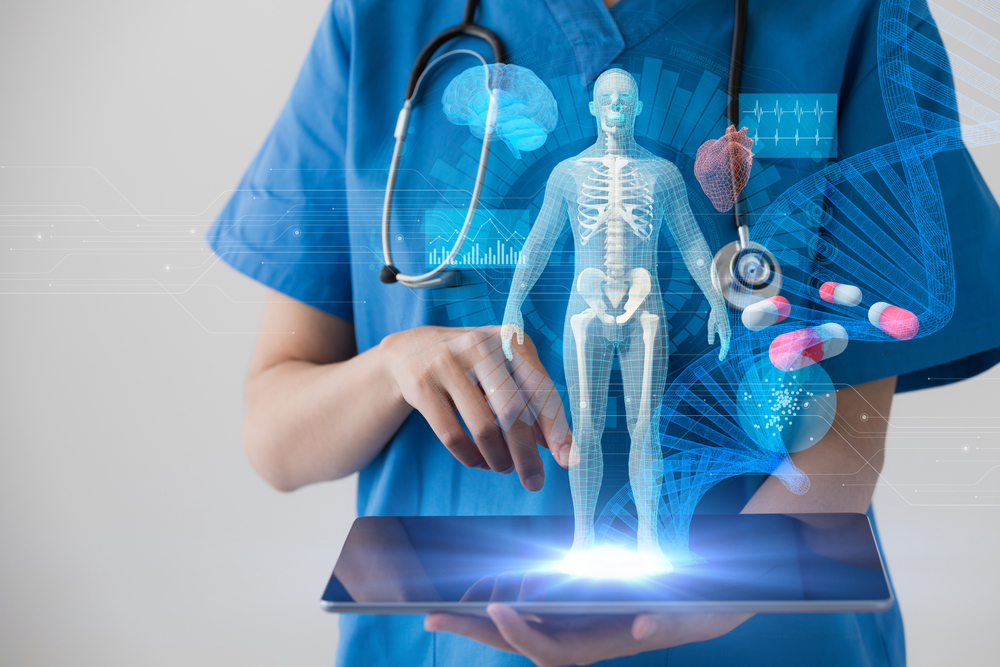Artificial intelligence (AI) and advanced machinery have long stirred fears among workers that new technology could render them obsolete.

We can see examples all around us even today: self-checkout at the grocery store; online, application-based tax accounting software; automated phone answering services; Human Resources recruitment programs; and the emergence of driverless cars, delivery drones, and virtual personal assistants.
Is Your Job AI-Proof?
Many of these examples represent the replacement of humans in relatively unskilled positions—the notable exception being tax accountants. And in fact, there are certain categories of work and certain professions that many believe to be relatively “AI-proof.” These would include jobs that require years of education and professional development and critical thinking, for example.
Certainly, radiologists would fall into this category of AI-proof professions, right?
New Developments May Have Major Impact
AI may be far from developed enough to replace highly educated and well-trained medical specialists like radiologists, but a recent study shows the technology is moving in that direction.
In an article for CNN Business, Hanna Ziady tells us that Google has developed AI that can detect breast cancer more accurately than doctors can.
A study about the technology was published in Nature, a scientific journal. “The program was trained to detect cancer using tens of thousands of mammograms from women in the United Kingdom and the United States, and early research shows it can produce more accurate detection than human radiologists,” Ziady writes.
She notes that the AI technology produced both fewer false positives, or tests that show cancer is present when it is, in fact, not present, and false negatives, or tests that fail to detect cancer that is present, than human radiologists.
Good News or Not-So-Good News?
Viewed through one lens, this breakthrough could be a boon to radiologists, as many countries are predicting significant shortages of such medical professionals in coming years.
AI technology could supplement the work of human radiologists, making their jobs easier and increasing their proficiency. But, just as automated manufacturing technology originally reduced and eased, and then replaced, the work of human laborers, AI may do the same.
AI’s growing ability to perform increasingly more complex tasks might someday pose an existential threat to the careers of many who thought their positions were among the most AI-proof in any industry.
Now is the time to begin considering how AI could impact your workforce in the not-so-distant future.
